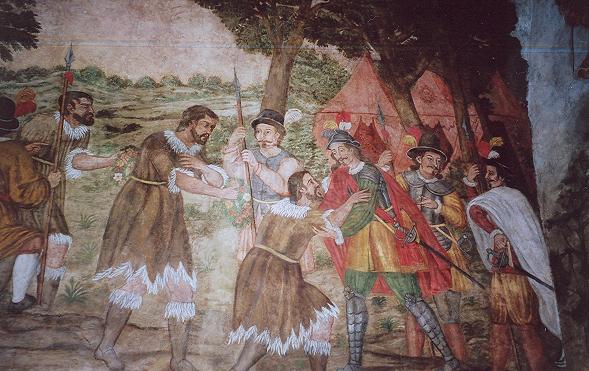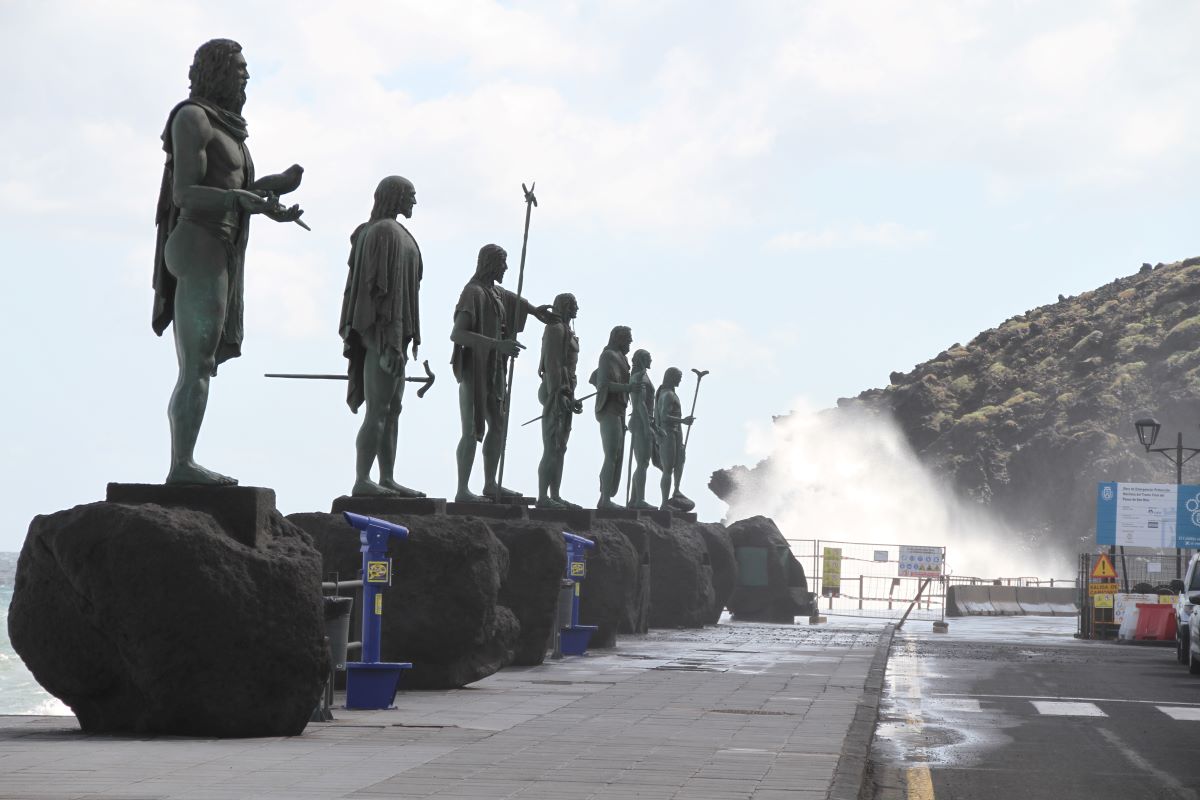The Guanches belong to the lost indigenous population of the Canary Islands. Originating from North Africa, they held a rich culture and unique practices. Their existence, however, was eclipsed following the Spanish conquest.
Origins and Ancestry
The Canary Islands, a Spanish archipelago, are located in the Atlantic Ocean, just off the coast of Morocco. Today, their population is a melting pot, quite different from the past when the indigenous Guanches were the sole inhabitants. These people are believed to have migrated from North Africa, and genetic evidence supports the theory that the Guanches were of Berber descent, a fact also suggested by linguistic studies of their language.
Discovery and Early Conflicts
Historical records suggest that the Canary Islands were known to the Romans and possibly the Phoenicians, but the European rediscovery in the modern period is attributed to the Genoese navigator Lanzarotto Malocello between 1310 and 1339. He constructed a fort there, the remnants of which were found by French explorers, including Jean de Béthencourt, in 1402. Subsequent conflicts arose, highlighted by the power struggle involving a Norman noble, Berneval, who attempted a coup during Béthencourt’s absence. He captured a Guanche leader but failed in his broader ambitions, ultimately fleeing to Spain. Béthencourt, informed of his treachery, ensured Berneval faced justice.
Spanish Colonization and Guanche Resistance
Spanish colonization began in earnest in the 15th century, encountering fierce resistance from the Guanches, who opposed any form of cultural assimilation. Their resistance, however, was brutally suppressed, and their society began to collapse. By the end of the 17th century, the Guanche culture and people had largely vanished, due not only to warfare and enslavement but also to intermarriage, disease, and assimilation.

Cultural Heritage and Practices
The Guanches left an indelible mark through their cultural practices. Notably, they mummified their dead, a practice that, along with their cave burials, underscores their unique cultural identity. Further attesting to their level of civilization, there’s evidence, discovered by French researcher René Verneau, that the Guanches of Hierro had developed a form of hieroglyphic writing, likely influenced by their Berber ancestry.
The legacy of the Guanches is a testament to the rich cultural tapestries that vanish throughout history, often eclipsed by the expansion of empires and the relentless march of time.”
Historical Challenge: Can You Conquer the Past?
Answer more than 18 questions correctly, and you will win a copy of History Chronicles Magazine Vol 1! Take our interactive history quiz now and put your knowledge to the test!

